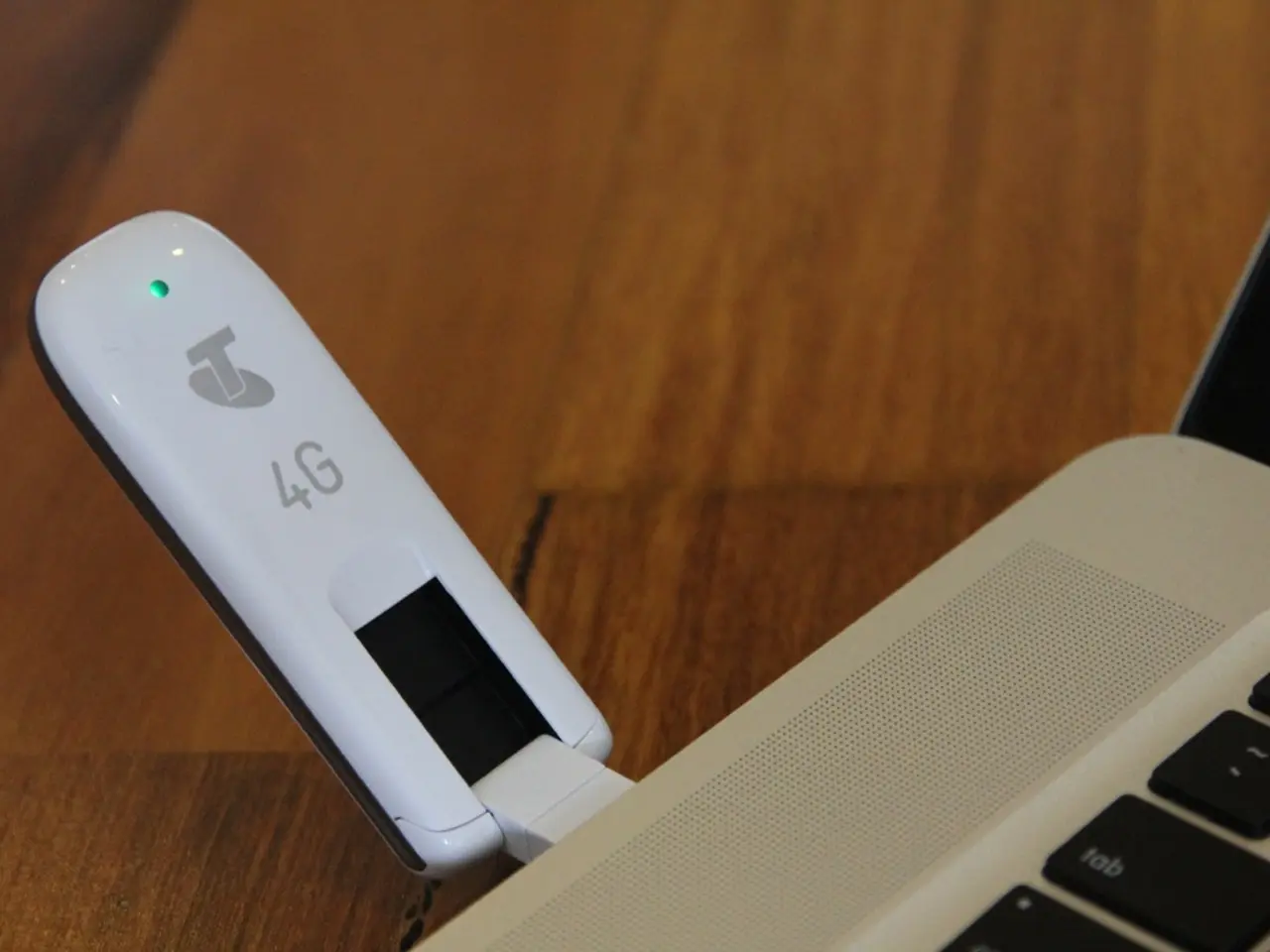Dell laptops are exposed to a risk due to a Broadcom chip flaw, affecting over 100 different models and potentially millions of units.
The ReVault vulnerabilities, affecting more than 100 Dell laptop models, have raised serious security concerns for users, particularly those in sensitive industries. These flaws, which impact the Dell ControlVault firmware and its associated Windows APIs, can potentially compromise advanced security features like biometric authentication [1][2].
The vulnerabilities, as highlighted by Cisco Talos, include multiple out-of-bounds vulnerabilities, an arbitrary free, a stack-overflow, and an unsafe-deserialization [1]. These flaws can allow attackers to bypass Windows login, install persistent malware that survives system reinstalls, steal sensitive authentication data, and elevate privileges to admin or system levels [1][2][3].
One key implication is the authentication bypass. The vulnerabilities let attackers circumvent Windows login mechanisms—including fingerprint, smartcard, and NFC authentication—undermining the purpose of these hardware-backed security features [1][2]. Malware can embed itself inside the ControlVault chip firmware, remaining persistent even after Windows is reinstalled, making detection and remediation difficult [1][3].
Out-of-bounds read vulnerabilities expose secret data stored in the ControlVault, such as passwords and biometric information, increasing the risk of credential theft [2]. Some flaws are exploitable remotely without administrator access via Windows APIs, while physical attackers gaining device access could directly manipulate the security chip [2][3]. Exploits can grant attackers admin/system privileges, enabling full control over the device and sensitive environments [3].
To mitigate these risks, Dell has released firmware and driver updates since March-May 2025, addressing these vulnerabilities [1]. Users are advised to apply all security updates promptly to fix firmware and ControlVault driver issues [1][3]. Additionally, disabling ControlVault services if features like fingerprint, smartcard, or NFC authentication are not needed, and turning off fingerprint login in high-risk scenarios to reduce attack surface are recommended [3].
Dell ControlVault is a widely-used hardware-based security solution among cybersecurity companies, government agencies, and other security-conscious organizations. The findings by Cisco Talos underscore that vulnerabilities in widely-used firmware can have far-reaching implications [2].
In summary, the ReVault flaws undermine hardware-rooted authentication on vulnerable Dell laptops, expose sensitive credentials, allow stealthy persistent malware, and grant attackers elevated privileges, creating grave risks for affected users unless updates and mitigations are applied promptly. Users are advised to stay vigilant, apply patches, disable any unused services, and consider disabling fingerprint login when laptops are likely to be left unattended.
References: [1] Dell Security Advisory - DSA-2025-053 [2] Cisco Talos - ReVault: Dell ControlVault Vulnerabilities [3] The Register - Dell ControlVault flaw lets attackers install persistent malware, steal credentials, and gain admin access
Cybersecurity professionals and sensitive industry users should be aware of the ReVault vulnerabilities, as they can potentially bypass advanced security features like biometric authentication, making data-and-cloud-computing environments more susceptible to attacks. The flaws in Dell ControlVault firmware can lead to the theft of sensitive authentication data, the installation of persistent malware, and the elevation of attackers' privileges to admin or system levels, showcasing the far-reaching implications of technology vulnerabilities in a widely-used firmware.




